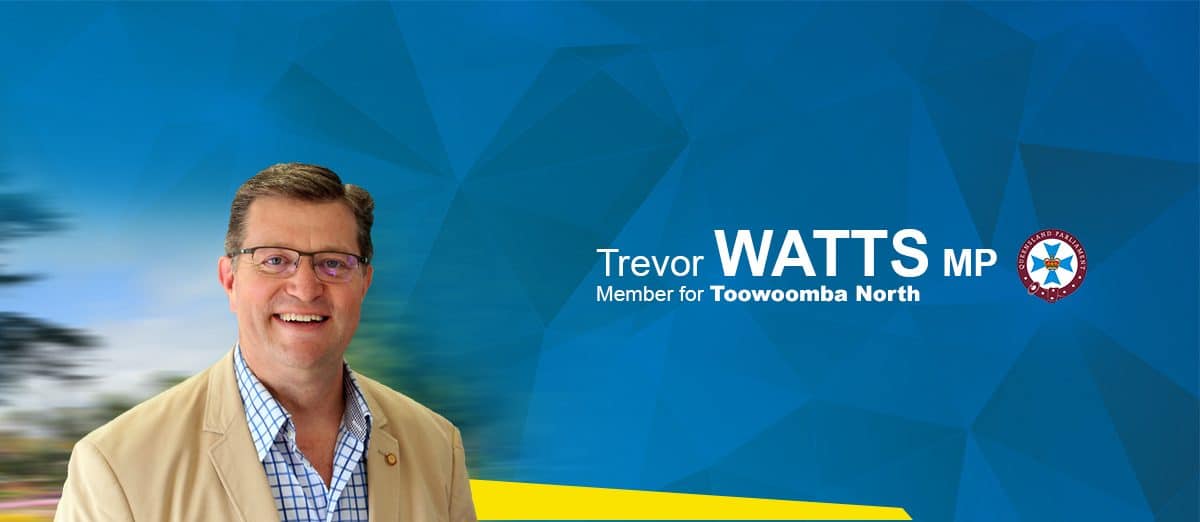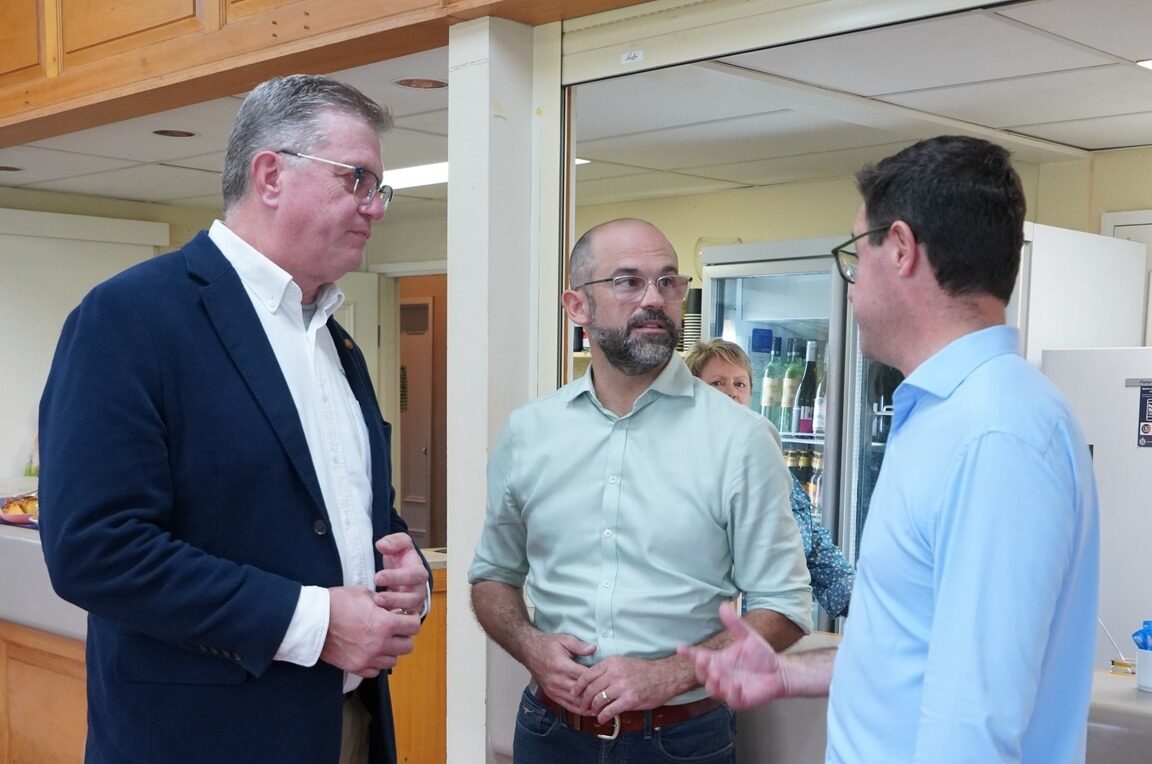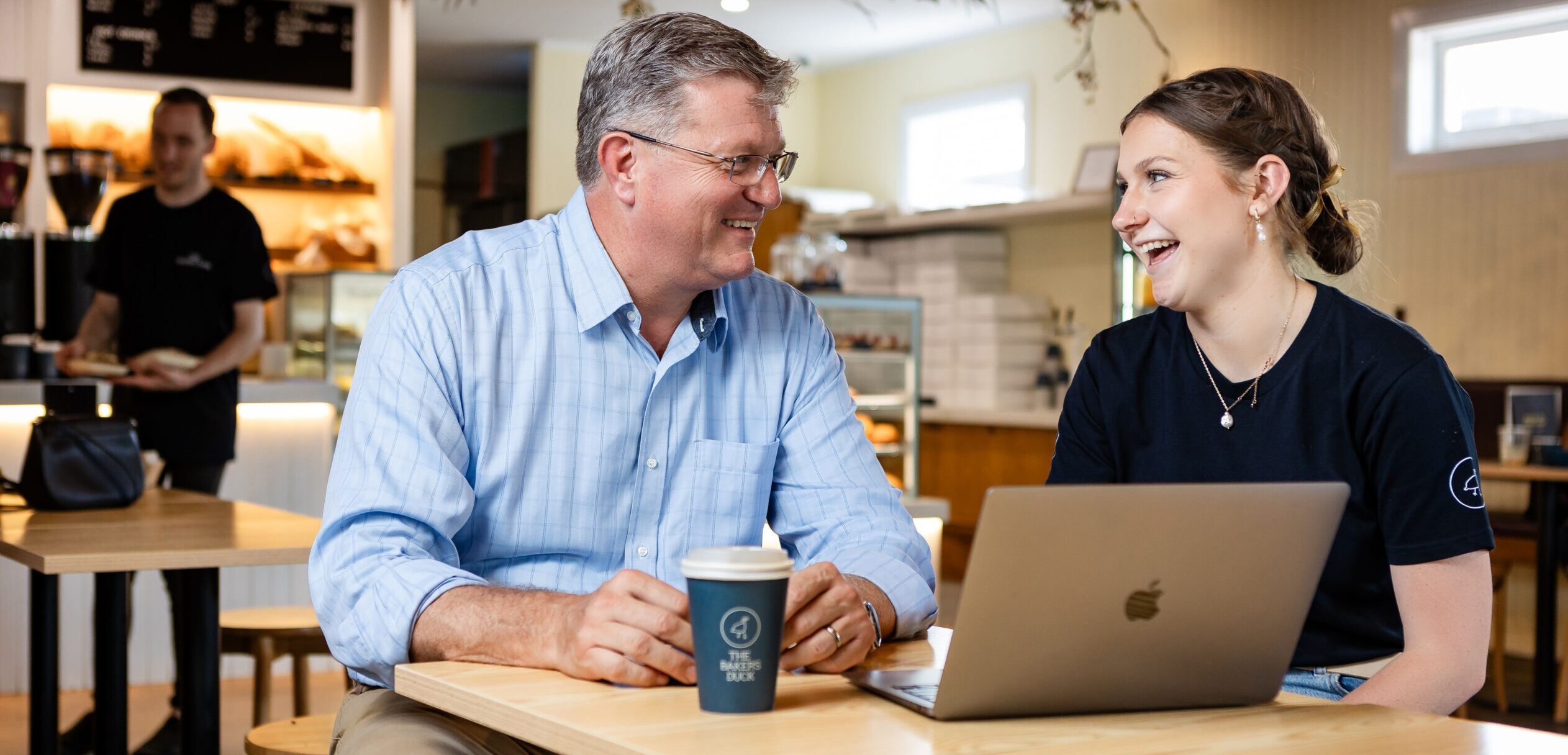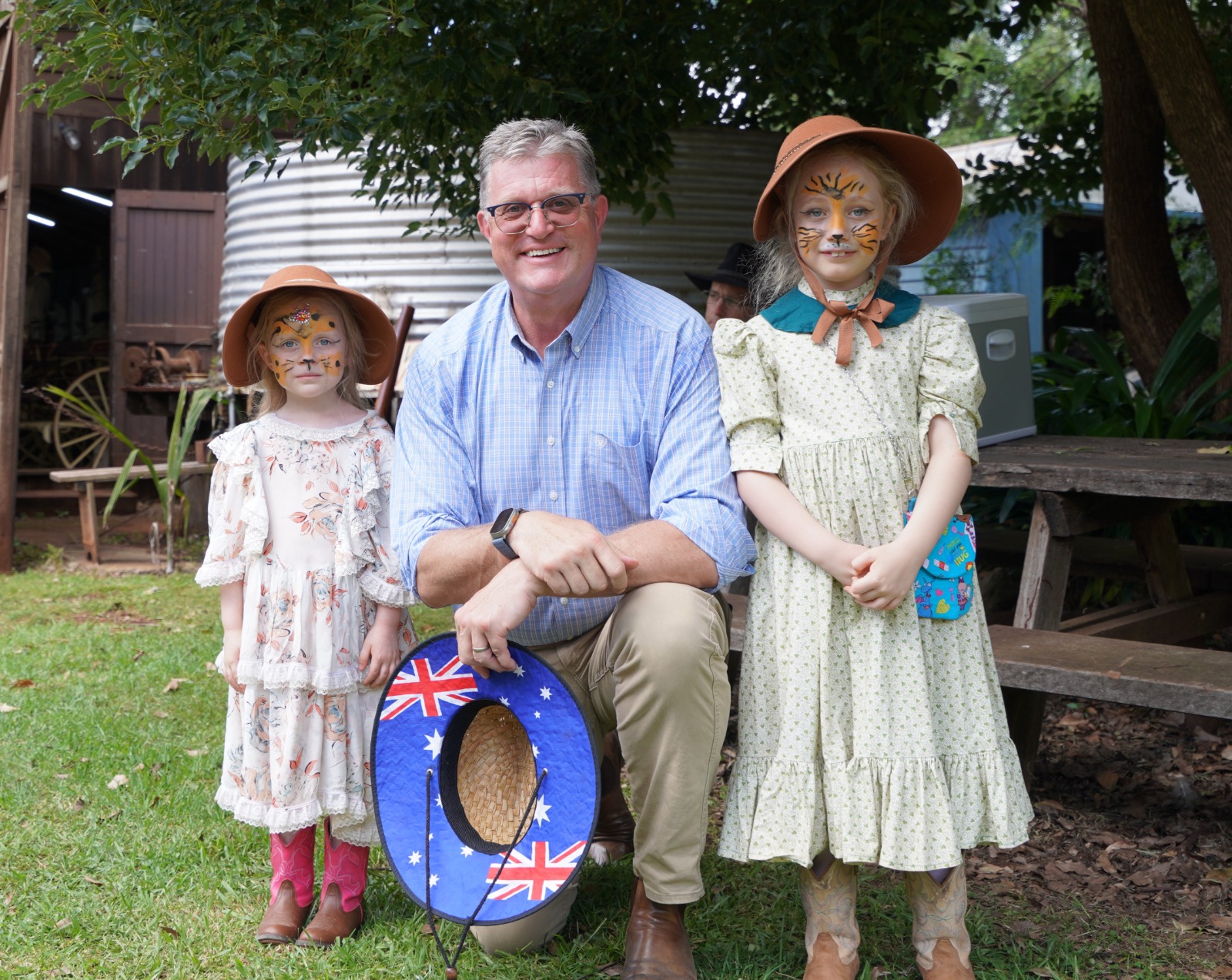Minister for Agriculture, Fisheries and Forestry
The Honourable John McVeigh
04/05/2012
Moreton Bay best practice code key to fishing sustainably
The Moreton Bay tunnel net fishery today launched a new Code of Best Practice that will see the industry not only improve catch efficiency, but reduce its impact on the marine environment.
Speaking at Manly, Minister for Agriculture, Fisheries and Forestry John McVeigh said the Code demonstrated the industry’s environmental credentials and commitment to sustainability and upholding community values.
“The local tunnel net fishery has developed this voluntary code to help build the industry’s reputation and reassure the community of their practices,” Mr McVeigh said.
“Tunnel net fishing is regarded as an environmentally-friendly way to fish thanks to its use of by-catch reduction devices that help ensure unwanted catch can be released alive.
“Of particular benefit is the Code’s focus on minimising impacts on species of conservation interest like turtles, dugongs and large sharks.
“We know that a number of protected species such as dugongs and turtles inhabit areas of the Bay where tunnel net fishing operations take place, so it was of particular importance that the Code addressed their safety.
“The Code details a need to take exceptional care when fishing so that protected species can be safely released according to set procedures.”
Mr McVeigh said the Code would also provide significant economic benefits to the fishery.
“With an annual value of around $2 million, the Moreton Bay tunnel net fishery is a valuable contributor to the state’s commercial fishing industry,” he said.
“By lowering the level of by-catch, fishers will be able to increase their targeted catch, maintain locally caught produce for markets and improve the industry’s profitability.
“Moreton Bay is well known as a key source of Queensland’s high quality seafood, with the tunnel net fishery in particular contributing species such as mullet, bream, garfish, whiting and flathead.
“With the help o f the Code of Best Practice, we will continue to see our reputation for outstanding seafood grow nationally and internationally.”
The Code was developed by net fishers in consultation with the Queensland Government, and funded by the Australian Government’s Caring for Our Country program.
